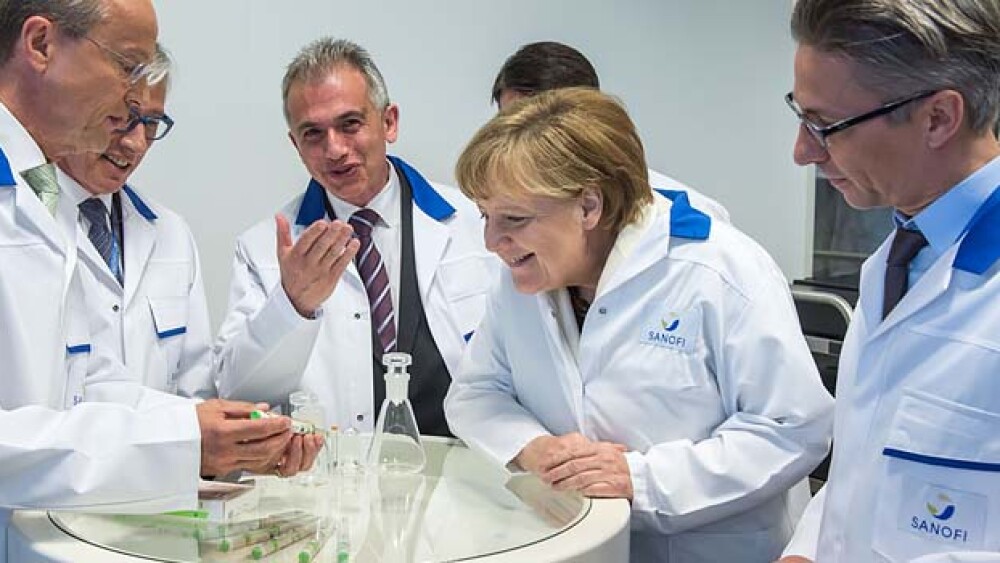Sanofi said the analysis showed more cases of severe disease could occur following vaccination in patients who had not been previously infected by the dengue virus.
After Sanofi announced last week that its Dengue vaccine could actually worsen the symptoms of the illness in people who had previously not been exposed to the virus, the government of the Philippines has ordered an investigation following immunization of more than 730,000 children.
On Nov. 30, France-based Sanofi revealed data from a long-term study showed use of its dengue vaccine Dengvaxia could worsen the effects of the mosquito-borne illness. Sanofi said the analysis showed more cases of severe disease could occur following vaccination in patients who had not been previously infected by the dengue virus. Vaccination should only be recommended when the potential benefits outweigh the potential risks (in countries with high burden of dengue disease), Sanofi said. In its announcement, Sanofi said the drug does provide “persistent protective benefit” against dengue fever in those who had prior infection.
Citing a report from a non-governmental organization, Reuters reported that at least three children in the Philippines who had been vaccinated with Dengvaxia have died. Ruby Dizon, medical director at Sanofi Pasteur Philippines, told Reuters that to the company’s knowledge there were no reported deaths due to the vaccine.
In the Philippines, nine out of 10 children ages 9 to 14 are infected by the virus before adolescence, according to the Associated Press.
After Sanofi announced the findings of its long-term Dengue analysis, the Philippines halted the use of Dengvaxia in that country, Reuters said. Since April of 2016, Nearly 734,000 children over the age of nine have received a dose of Dengvaxia. The vaccination program for the Philippines cost nearly $70 million, Reuters said. The government has a record of all the children it vaccinated through the public program, according to reports.
Dengue affects about 390 million people annually. People can be infected with dengue up to four times in their lifetime and they can get severely ill after any of these infections. Dengvaxia is currently approved in most of the Dengue-affected countries for individuals nine years of age and older. In addition to the Philippines, Dengvaxia has been launched in 11 countries, including Brazil and Singapore.
Reuters noted that since Dengvaxia became the first approved Dengue vaccine, there have been some concerns raised. In July 2016, the World Health Organization published a research paper that noted the “vaccination may be ineffective or may theoretically even increase the future risk of hospitalized or severe dengue illness in those who are seronegative at the time of first vaccination regardless of age,” Reuters reported.
The Philippines government called the questions and concerns over the vaccine a “public health sham.” A spokesperson for Philippines President Rodrigo Duterte said the country will investigate and hold “those responsible for this shameless public health scam” accountable, according to Reuters.
Sanofi said it was working with the Philippines government to update Dengvaxia prescribing labels. In that country.
Shares of Sanofi are down this morning, trading at $44.29 as of 10:21 a.m.





